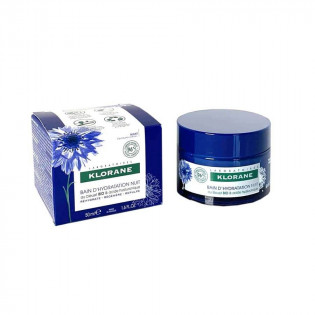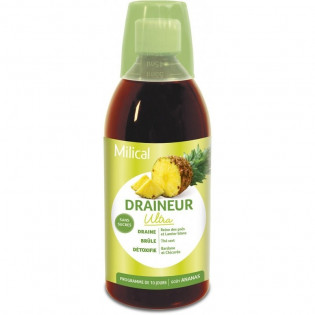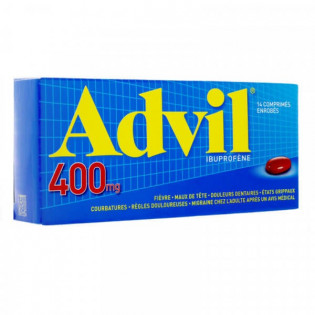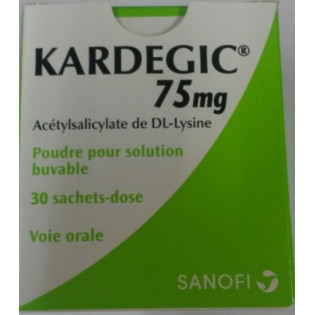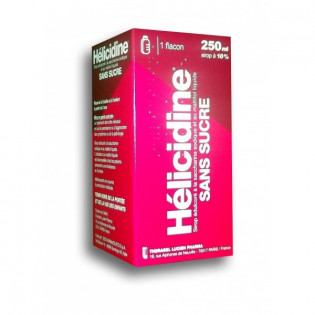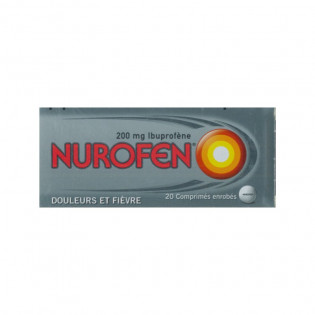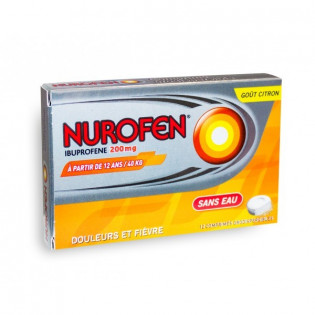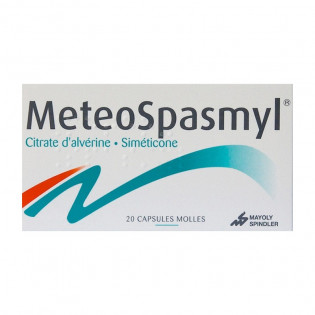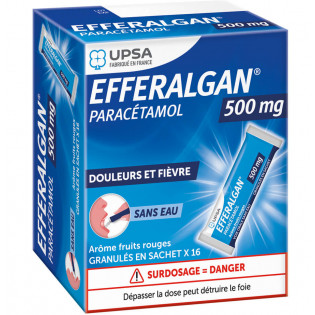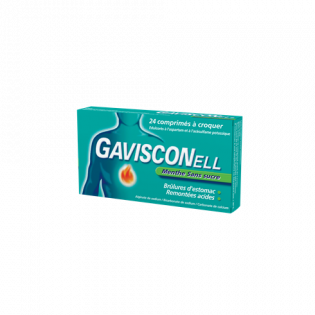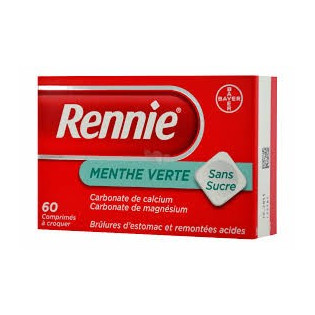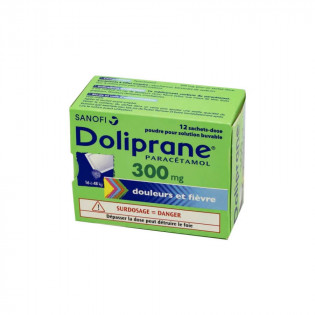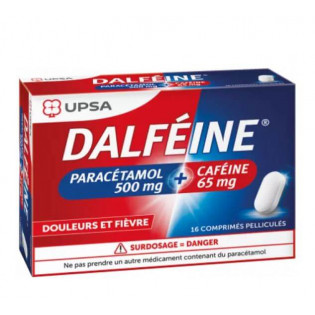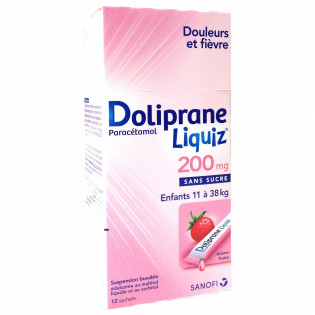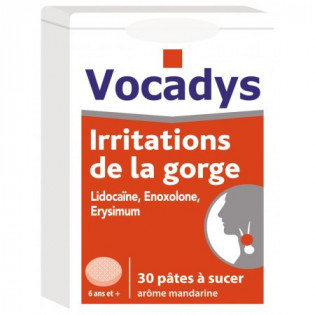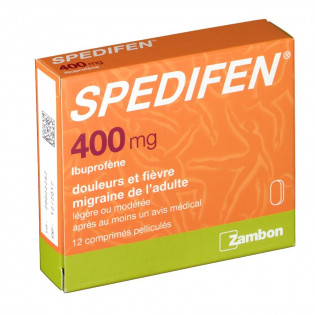Description Zentiva Paracetamol 500mg 16 Tablets pain and fever
Calms pain and lowers fever.
Properties :
Zentiva Paracetamol 500mg is an analgesic (calms pain) and an antipyretic (lowers fever).
The active substance of this medicine is paracetamol.
Indications :
- To treat pain and/or fever, for example in case of headaches, flu, dental pain, aches and pains, painful periods
- It can also be prescribed by your doctor for osteoarthritis pain.
- Reserved for adults and children from 27 kg (or from about 8 years)
Contraindications:
Never take Zentiva Paracetamol 500 mg, scored effervescent tablet:
- If you are allergic (hypersensitive) to paracetamol or any of the other ingredients in this medication.
- If you have severe liver disease.
Directions for use Zentiva Paracetamol 500mg 16 Tablets pain and fever
- Oral way
- The tablets should be swallowed as they are with a drink (for example: water, milk, fruit juice).
- The recommended daily dose of paracetamol depends on the child's weight: it is about 60 mg/ kg per day, to be divided into 4 or 6 doses, i.e. about 15 mg/ kg every 6 hours or 10 mg/ kg every 4 hours.
The usual dosage is :
- For children weighing 27 to 40 kg (about 8 to 13 years), the dosage is 1 tablet at 500 mg per dose, to be repeated if necessary after 6 hours, not exceeding 4 tablets per day.
- For children weighing 41 to 50 kg (about 12 to 15 years old), the dosage is 1 tablet of 500 mg per dose, to be repeated if necessary after 4 hours, without exceeding 6 tablets per day.
- For adults and children weighing more than 50 kg (from about 15 years old):
- The usual dosage is 1 or 2 tablets of 500 mg per dose (depending on the intensity of the pain), to be repeated as needed after a minimum of 4 hours.
- It is generally not necessary to exceed 3 g of paracetamol per day, i.e. 6 tablets per day.
- However, in case of more intense pain, and on the advice of your doctor or pharmacist, the total dose can be increased to 4 g per day, i.e. 8 tablets per day. If you feel that the effect of Zentiva Paracetamol 500 mg is too strong or too weak, consult your doctor or pharmacist.
Frequency of administration:
- In children, doses should be taken at regular intervals, including at night, preferably 6 hours apart, and at least 4 hours apart.
- In adults, doses should be taken at least 4 hours apart.
- In case of severe kidney disease (severe renal failure), you should wait at least 8 hours between each dose.
Duration of treatment :
Except medical advice, the duration of the treatment is limited:
- To 5 days in case of pain,
- 3 days in case of fever.
Composition Zentiva Paracetamol 500mg 16 Tablets pain and fever
Povidone K30, pregelatinized starch, talc, carboxymethyl starch, magnesium stearate
Active ingredients:
The active substance is: paracetamol 500.00 mg
Precautions for use
- This medicine contains paracetamol. Other medicines contain it.
Make sure you are not taking other medicines containing paracetamol, including medicines obtained without a prescription. Do not combine them, so as not to exceed the recommended daily dose.
- If pain persists for more than 5 days or fever for more than 3 days, or if it is not effective enough or if any other signs occur, do not continue treatment without your doctor's advice.
- Taking paracetamol can cause liver problems.
You should ask your doctor's advice before taking this medicine:
- If you weigh less than 50 kg,
- If you have liver disease or severe kidney disease,
- If you frequently drink alcohol or have recently stopped drinking alcohol,
- If you are dehydrated,
- If you suffer from chronic malnutrition, if you are fasting, if you have lost a lot of weight recently, if you are over 75 years old or if you are over 65 years old and have long term illnesses, if you have the AIDS virus or chronic viral hepatitis if you have cystic fibrosis (a genetic and hereditary disease characterized by severe respiratory infections), or if you have Gilbert's disease (a hereditary disease associated with increased levels of bilirubin in the blood),
- If you are allergic to aspirin and/or non-steroidal anti-inflammatory drugs.
- The consumption of alcoholic beverages during treatment is not recommended.
- In case of recent withdrawal from chronic alcoholism, the risk of liver damage is increased.
- In case of administration to children, the dose depends on their weight.
- In case of acute viral hepatitis, stop your treatment and consult your doctor.
Blood tests:
Tell your doctor if you are taking Zentiva Paracetamol 500 mg and need to have a blood test because this medicine may affect your uric acid (blood uric acid) and sugar (blood sugar) levels.
This medicine contains sodium. This medicine contains 408 mg of sodium per effervescent tablet. To be taken into account in patients controlling their dietary sodium intake.
If you are taking an oral anticoagulant treatment (warfarin or a VKA), taking Zentiva Paracetamol 500 mg, scored effervescent tablet at maximum doses (4 g/day) for more than 4 days requires increased monitoring of biological tests, including INR. In this case, consult your doctor.
The effectiveness of paracetamol may be reduced if you are taking chelating resins at the same time, a drug that lowers the level of cholesterol in the blood (respect an interval of more than 2 hours between the 2 doses).
If you are taking flucloxacillin (an antibiotic) at the same time as paracetamol, you may experience metabolic acidosis (blood that is too acidic and causes an increase in respiratory rate).
Paracetamol toxicity may be increased, if you are taking:
- Drugs that are potentially toxic to the liver,
- Drugs that promote the production of the toxic metabolite of paracetamol such as anti-epileptic drugs (phenobarbital, phenytoin, carbamazepine, topiramate),
- Rifampin (an antibiotic),
- At the same time alcohol.
- Drinking alcoholic beverages during treatment is not recommended.
- This medicine can be used during pregnancy and breastfeeding. Use the lowest dose that reduces your pain and/or fever, for the shortest time possible and as infrequently as possible. Contact your doctor or midwife if the pain and/or fever does not go away or if you need to take this medicine more frequently during your pregnancy.
- It is possible that paracetamol may affect fertility in women, reversible when treatment is stopped.
Never take more than 4 grams of paracetamol per day (taking into account all medications containing paracetamol in their formula).
In cases of severe kidney disease (severe renal failure), the doses should be spaced 8 hours apart, and the total dose per day should not exceed 3 tablets (3 g).
Special situations:
The maximum daily dose should not exceed 60 mg/ kg/ day (not to exceed 3 g/ day) per day in the following situations:
- If you weigh less than 50 kg,
- If you have liver disease or severe kidney disease,
- If you frequently drink alcohol or have recently stopped drinking alcohol,
- If you suffer from dehydration,
- If you suffer from chronic malnutrition, if you are fasting, if you have lost a lot of weight recently, if you are over 75 years old or if you are over 65 years old and have long term illnesses, if you have AIDS or chronic viral hepatitis if you have cystic fibrosis (a genetic and hereditary disease characterized by severe respiratory infections), or if you have Gilbert's disease (a hereditary disease associated with increased levels of bilirubin in the blood).
Overdose can cause liver disease (liver failure), gastrointestinal bleeding, brain disease (encephalopathy), coma, and even death, especially in high-risk populations such as young children, the elderly and in certain situations (liver disease, alcoholism, chronic malnutrition). In the first 24 hours, the main symptoms of intoxication are: nausea, vomiting, loss of appetite, abdominal pain, pallor.
Overdose can also lead to: pancreatic damage (pancreatitis), hyperamylasemia (increased levels of amylase in the blood), kidney disease (acute renal failure), and a blood problem in which red blood cells, white blood cells, and platelets are all reduced in number resulting in:
- Fatigue, shortness of breath and pallor;
- Frequent infections with high fever and chills, sore throat or mouth ulcers;
- A tendency to bleed or have spontaneous bruising, nosebleeds.
Adverse reactions:
Rarely, an allergic reaction may occur:
- Pimples and/or redness of the skin,
- Hives,
- Sudden swelling of the face and neck that may cause difficulty in breathing (angioedema),
- Sudden discomfort with a significant drop in blood pressure (anaphylactic shock).
- If an allergy occurs, you should stop taking this medication immediately and consult your doctor promptly. In the future, you should never take any medication containing paracetamol.
- Very rare cases of serious skin reactions have been reported.
- Exceptionally, this medication may decrease the number of certain blood cells: white blood cells (leukopenia, neutropenia), platelets (thrombocytopenia), which may manifest as nose or gum bleeds. In this case, consult a physician.
- Other possible side effects (frequency cannot be estimated based on available data): disturbances in liver function, significant decrease in certain white blood cells that can cause serious infections (agranulocytosis), destruction of red blood cells (hemolytic anemia in patients with glucose-6-phosphate dehydrogenase deficiency), 'rash in rounded red patches with itching and burning, leaving colored spots and which can appear in the same places in the event of resumption of the drug (erythema pigmentata fixe), localized pain in the chest which can radiate towards the left shoulder and the jaw of allergic origin (syndrome of Kounis), difficulty in breathing (bronchospasm). In this case, consult a doctor.
- Keep this medicine out of sight and reach of children.
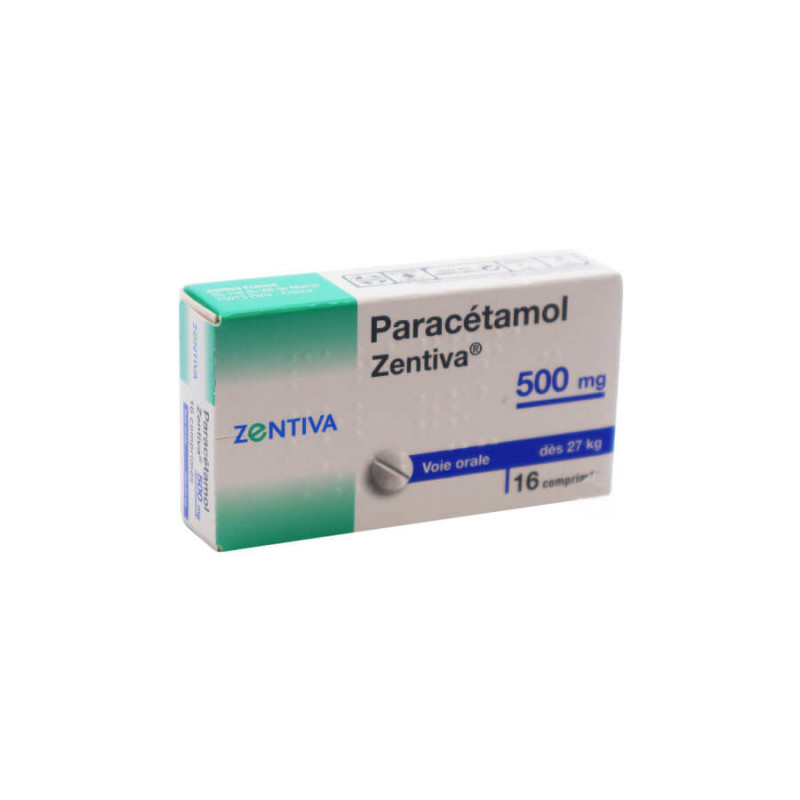
 Français
Français English
English
